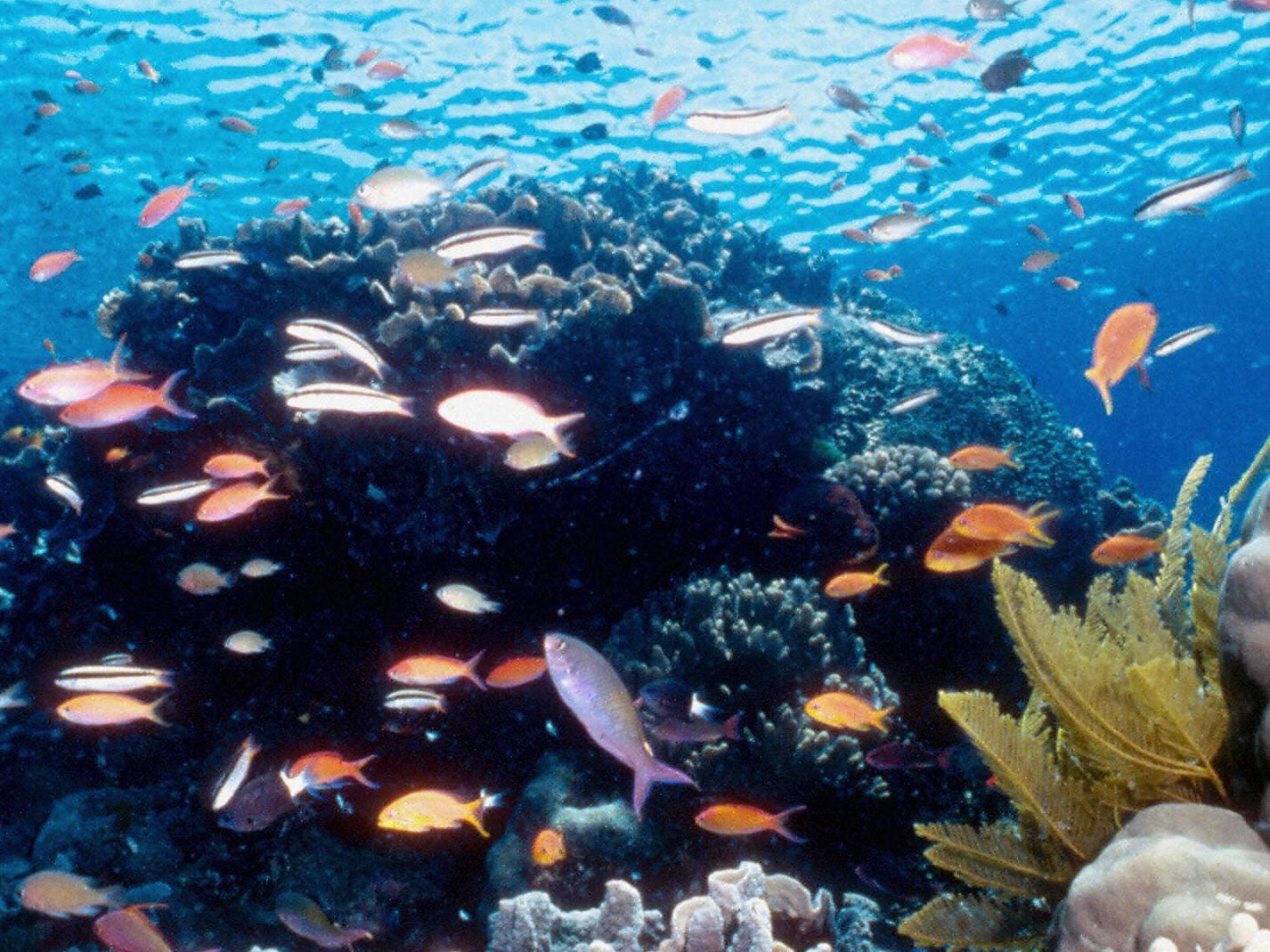Great Barrier Reef corals could collapse if sea temperatures rise by 0.5°C, scientists warn
Great Barrier Reef corals have developed a mechanism to cope with warmer oceans - but this could break down if they get too hot

Coral systems in Australia's Great Barrier Reef could collapse if climate change causes the oceans to warm by more than 0.5°C, experts have warned.
Researchers from James Cook University in Queensland made the worrying discovery while studying the link between warming waters and coral bleaching, a phenomenon where coral loses its colour and grows at a much slower rate.
They found that corals within the reef, over time, have developed a tolerance mechanism which allows them to adapt to sharp increases in sea temperatures without bleaching occuring.
By analysing sea temperature data stretching back 27 years, they managed to establish an average maximum monthly temperature for each part of the reef, and found the bleaching threshold was around 2°C above that figure.
Digging into the numbers, they discovered when sea temperatures rose to just below the threshold and then fell again, the coral's tolerance to subsequent temperature increases above the threshold went up.
By contrast, corals which experienced temperatures over the threshold and didn't get the chance to develop this tolerance were more likely to be bleached.
Essentially, the more the coral was exposed to warmer seas, the greater its resistance to temperature-induced bleaching became.
However, this mechanism can only go so far. The team believe that even the corals which have established a tolerance will be vulnerable to bleaching if sea temperatures increase by 0.5°C above the current average - a rise which is expected to happen within the next 40 years if current trends continue.
In the words of one expert from the university's ARC Centre of Excellence for Coral Reef Studies (ARC CoE): "In future summers, bleaching events will occur more often and, without the practice run, become even more severe - with a greater risk for coral mortality and a fast decline in coral cover across reefs."
The centre's Professor Peter Mumby concludes: "Our results underscore, once again, the importance of global action to reduce greenhouse gas emissions. We can still have a beautiful reef if people are willing to change behaviour."
Join our commenting forum
Join thought-provoking conversations, follow other Independent readers and see their replies
Comments
Bookmark popover
Removed from bookmarks